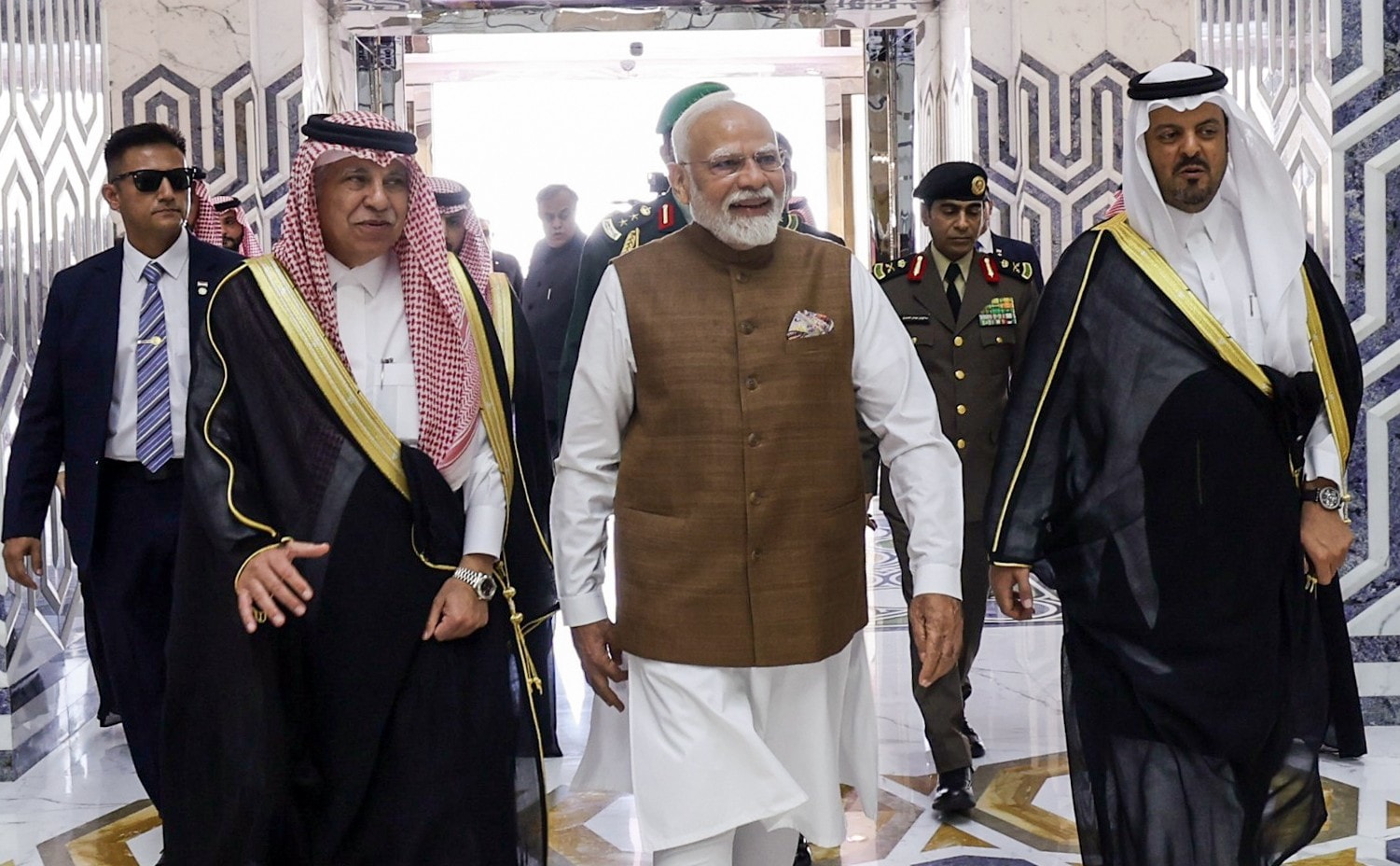On Day Of J&K Terror, Pakistan PM Thanked Turkey For Support On “Kashmir Issue”

New Delhi:
As the world mourned the loss of innocent lives in a terror attack in Jammu and Kashmir’s Pahalgam, Pakistan’s Prime Minister Shehbaz Sharif raked up the ‘Kashmir issue’ at the heels of the tragedy during his meeting with Turkish President Recep Tayyip Erdogan in Ankara. At least 26 people were killed and several others were injured when terrorists opened fire at them in the tourist town of Pahalgam in Kashmir.
Hours after the heinous attack, Sharif, during a joint press conference with Erdogan in Ankara, thanked Turkey for its “unwavering support” on Kashmir.
He “expressed gratitude for Turkey’s unwavering support on the Kashmir issue,” according to a report about the Pakistan Prime Minister’s Ankara visit in Pakistan-based Express Tribune.
The report said that Erdogan also expressed Turkey’s full support for “Pakistan’s efforts to eliminate terrorism.”
Turkey’s Support to Pakistan On The Kashmir Issue
This is not the first time that Turkey rallied behind Pakistan on the Kashmir issue. Earlier in February, Turkish President Erdogan extended his support for Pakistan on Kashmir and called for UN dialogue to address the issue during his visit to Islamabad.
At the time, foreign ministry criticised Erdogan’s remark and said that it had lodged a strong protest with the Turkish ambassador.
“We reject such objectionable comments on matters that are eternal to India. We have lodged a strong protest with the Turkish ambassador. Such unwarranted statements on India’s territorial integrity and sovereignty are unacceptable,” the ministry spokesperson Randhir Jaiswal said.
He asserted that J-K is an integral part of India and mentioned that Pakistan’s cross-border terrorism policy against India remains the biggest threat to the people of the Union Territory.
Pahalgam Terror Attack
The horror began at around 3 PM on Tuesday when tourists were enjoying pony rides or picnics at roadside eateries in Baisaran Valley, a popular meadow near Pahalgam. Suddenly, terrorists “who wore clothes similar to those of local police” descended from a hill and started firing, killing at least 26 people, mostly tourists, and injuring around 17 others.
The dead included 25 Indians and one Nepalese national, police said.
It was the worst attack on civilians in India since the 2008 Mumbai shootings, in which more than 160 people were killed.
While there is no official confirmation on who was behind the Pahalgam attack, the Resistance Front (TRF), an offshoot of Pakistan-based Lashkar-e-Taiba, has claimed responsibility for it in a social media post.
Meanwhile, Indian security forces have launched a massive manhunt and cordoned off the area to look for the terrorists behind the attack.












